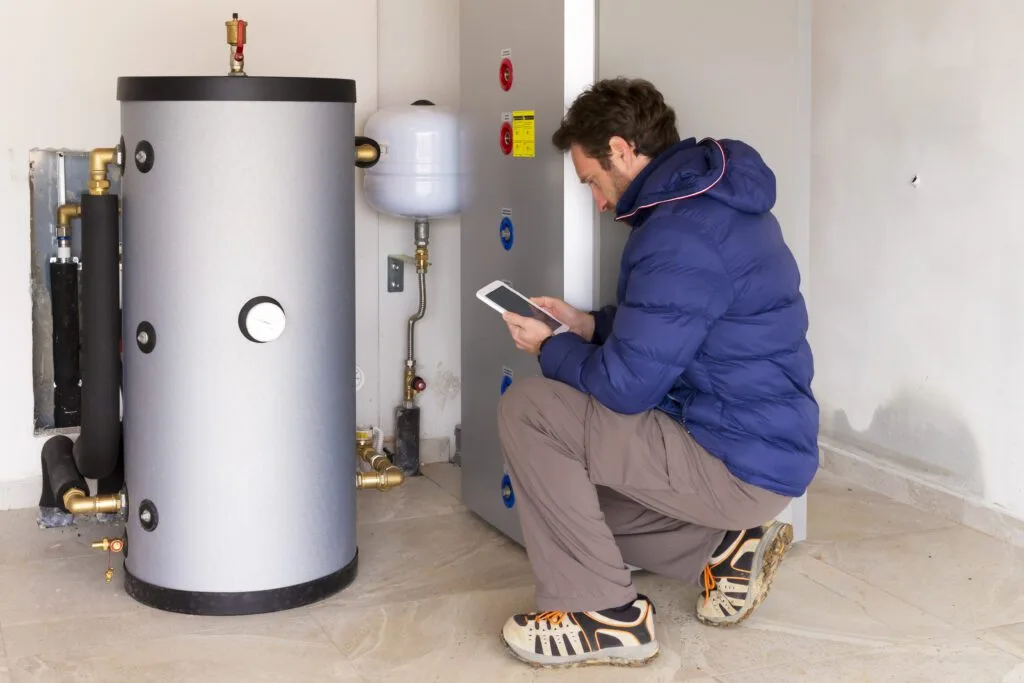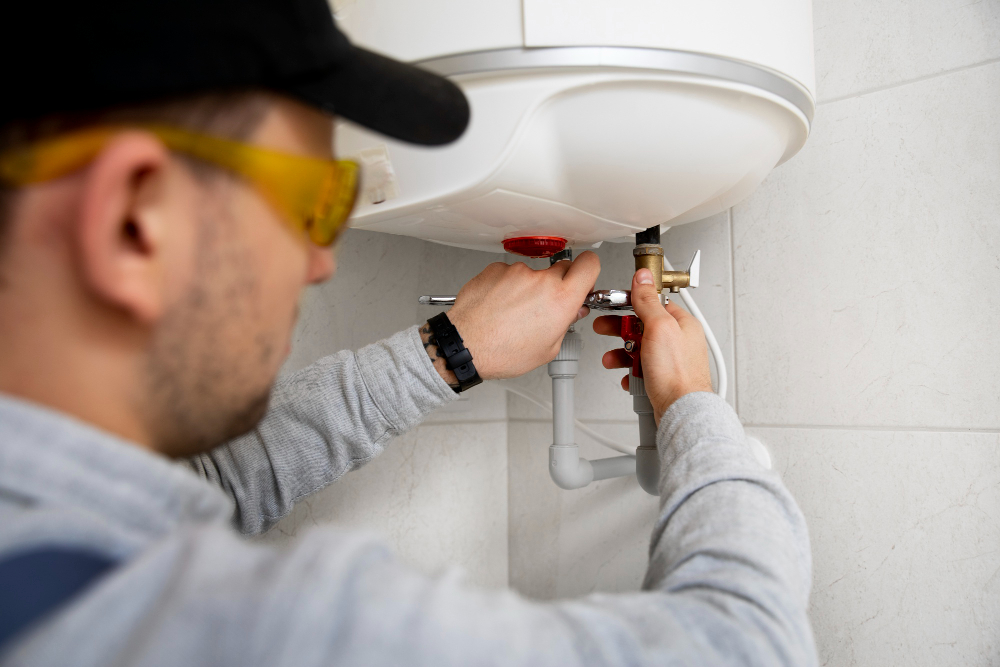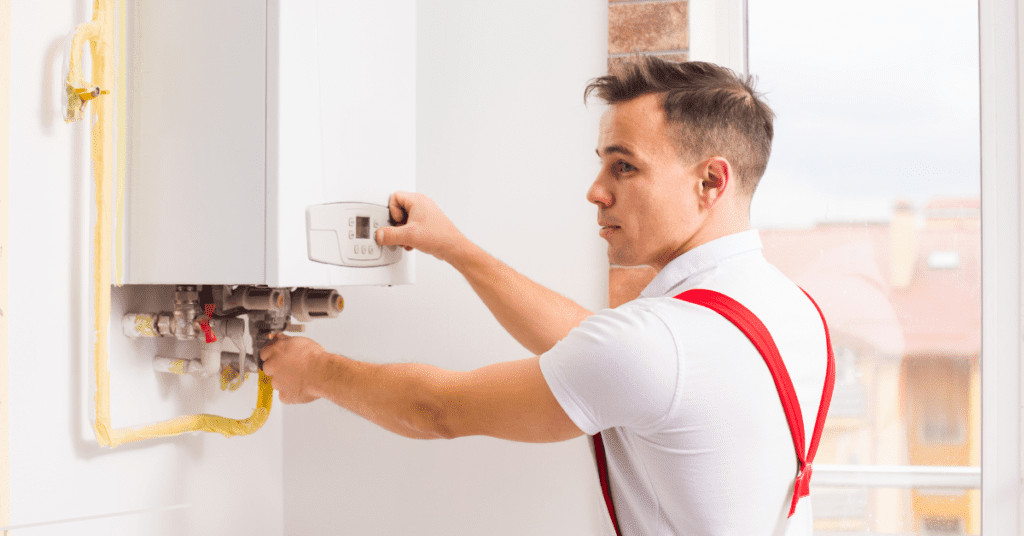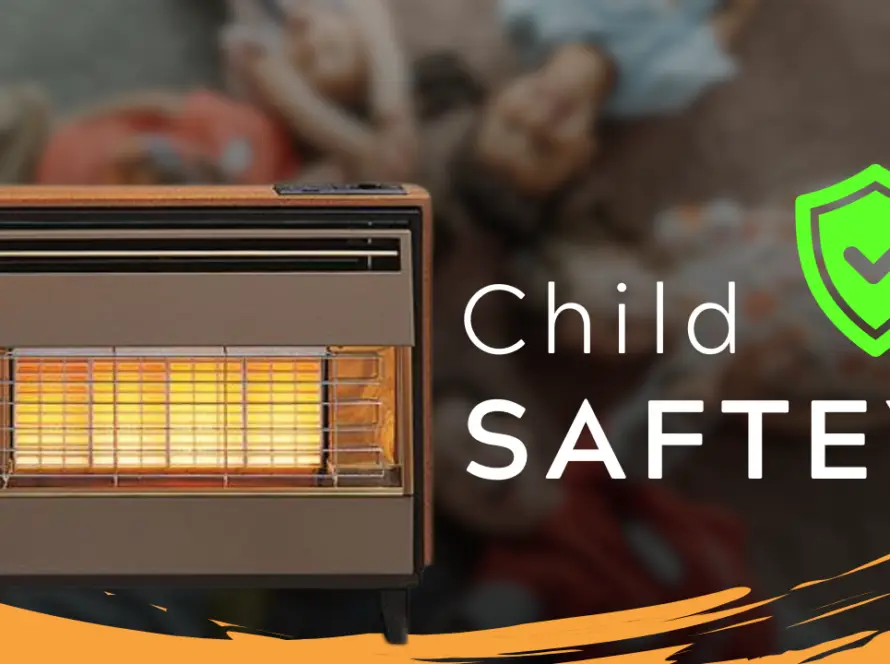Non-Condensing Boilers 2025: Worth It? | UK Guide & Upgrades
In the world of modern heating solutions, non-condensing boilers are often overlooked in favour of their more energy-efficient counterparts, condensing boilers. However, for certain households and situations, non-condensing boilers remain a viable option. Let’s dive into what non-condensing boilers offer in 2025 and whether they’re the right choice for you.

What Is a Non-Condensing Boiler?
A non-condensing boiler works by burning fuel (like gas or oil) to heat water for your central heating system and taps. Unlike condensing boilers, they don’t capture and reuse heat from the exhaust gases, which means they’re less efficient but often simpler in design and cheaper to maintain.

When to Consider a Non-Condensing Boiler
While condensing boilers are now the standard for new installations in the UK, there are still scenarios where non-condensing boilers might be preferable:
- Older Homes with Limited Space: Non-condensing boilers don’t require a flue to expel condensate, making them suitable for homes with restricted ventilation options.
- Budget Constraints: Non-condensing boilers are generally cheaper upfront, making them a viable short-term solution.
- Repairing Existing Systems: If you’re replacing a broken non-condensing boiler, sticking with the same type can save on installation costs.
Advantages of Non-Condensing Boilers
- Lower Initial Costs: Installation and equipment are typically less expensive.
- Simpler Design: Fewer components mean less risk of breakdowns and lower maintenance costs.
- Compatibility with Older Systems: They integrate seamlessly with older central heating setups without requiring extensive modifications.
Drawbacks to Keep in Mind
- Lower Efficiency: Non-condensing boilers can waste up to 30% of the energy they use, leading to higher energy bills.
- Environmental Impact: They emit more carbon dioxide compared to condensing boilers.
- Restricted Use: Since 2005, UK regulations require condensing boilers for new installations, with some exceptions.
Are Non-Condensing Boilers Still Relevant in 2025?
In 2025, non-condensing boilers are mostly used for repairs or specific situations where installing a condensing boiler isn’t feasible. With the government’s push for greener energy, it’s worth considering alternatives like condensing boilers or even renewable options like heat pumps.

Final Thoughts
While non-condensing boilers have their place in certain scenarios, they’re not the most energy-efficient choice for modern households. If you’re considering a new boiler, weigh the pros and cons carefully, and explore grant options that could make upgrading to a greener solution more affordable.


